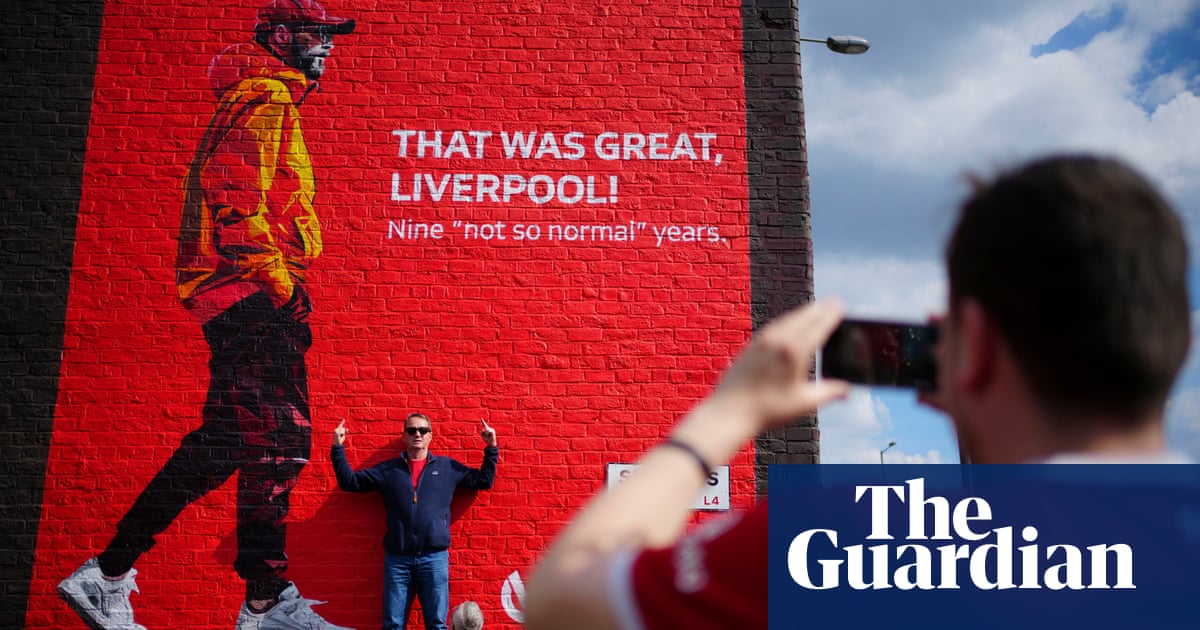
any of the foreign doctors, nurses and care workers on the NHS frontline without adequate protection are secretly struggling on another front, too. They cannot afford to pay the fees levied by the Home Office to enable them to remain in the UK and continue their work.
Often they fall into debt to pay the charges. Some of them simply leave the country once their permits are up for renewal, unable to find the money. The highest single fee they face is the immigration health surcharge, which must be paid in advance. So you have the spectacle of NHS staff paying to use the NHS, even though they already pay tax and national insurance contributions.
British citizens unfamiliar with the Home Office’s fee framework struggle to understand this when they hear of it for the first time. They’re unable to grasp that there are NHS staff who are taxed twice to use the NHS. Surely I must mean people on visitor visas who don’t work in the UK, they say? Surely the NHS surcharge is directed at them, to disincentivise health tourism?
No. I do not mean “health tourists”. I mean NHS doctors, nurses and care workers from outside the EU who spend the years between visa renewals fretting, saving and borrowing to pay for the cost of their next permit. The sums are crippling, particularly for junior doctors in training and nurses whose salaries start at about £23,000 and £18,000 a year respectively. The NHS surcharge at the moment is £400 a year. There is no right of deferral, or ability to pay annually. It has to be paid in advance for the entire duration of an applicant’s visa or residency permit.
If an NHS worker has any family included on the residency permit, such as a spouse and children, the applicant has to pay the surcharge for them as well, again for the entire duration of the visa. So a family of four on a five-year work permit or limited leave to remain visa has to pay £8000. The fee is to go up this October, from £400 to £624. That same family of four will then have to pay £12,480. I don’t know if there are many people in the UK, let alone junior doctors, nurses and care workers, who have that kind of money lying around.
The surcharge was introduced, like many of the more cynical and punitive features of the hostile environment, by the coalition government in 2015. The sums are set arbitrarily and rise randomly, and we are assured the yield is ploughed back into the NHS, although it’s hard to find evidence of what it is actually used for. The policy was intended to crack down on medical tourism to make sure the “immigration system is fairer to British citizens and legitimate migrants”.
The jargon masks the true nature of the victims of the legislation, while giving the impression that the measures target scheming illegal health tourists who come to the UK to use the NHS and then disappear, costing the taxpayer millions. The surcharge is a fair one, the government claims, to be paid by all those who are “not ordinarily resident”, a clever technicality that conjures up images of unemployed visitors, but in fact means the opposite. Tourists do not pay the charge, only overseas citizens working and studying in the UK do.
“Not ordinarily resident” simply means “without permanent residency”. Those who fall into that category include a large number on work visas, low incomes and limited leave to remain, paying taxes, VAT and national insurance. Some, such as Dr Siti Ibrahim, a Yorkshire GP in training, have been educated in the UK and have spent decades living and working in the country. Faced with permit renewal costs of £11,400, Ibrahim has been forced to consider abandoning her career. “My heart is here in the NHS,” she wrote. “But I can only take so much.”
The unfairness of the NHS surcharge is even more pronounced against the backdrop of a pandemic during which foreign NHS staff are working extra shifts without pay, grateful for free coffee and food donations. With no exceptions, those I have heard from over the past few days, and who have been instructed not to speak publicly to the media about work conditions or PPE, were happy to work those extra shifts.
With no exceptions, they all said they did not know where they were going to find the money to pay for their visa renewals when the NHS surcharge rises once again in October, when it will also be expanded to those from the EU. They cannot put their names to this anxiety, but they can be heard. There are 153,000 non-British workers in the NHS. The government needs to abolish the NHS surcharge for all of them, with immediate effect.












